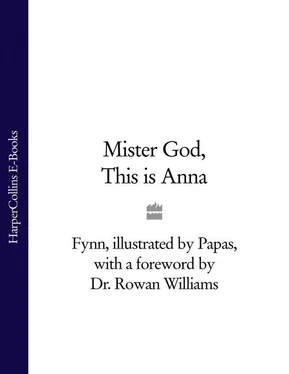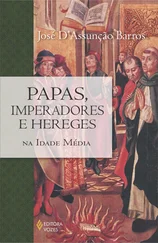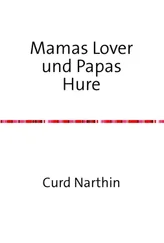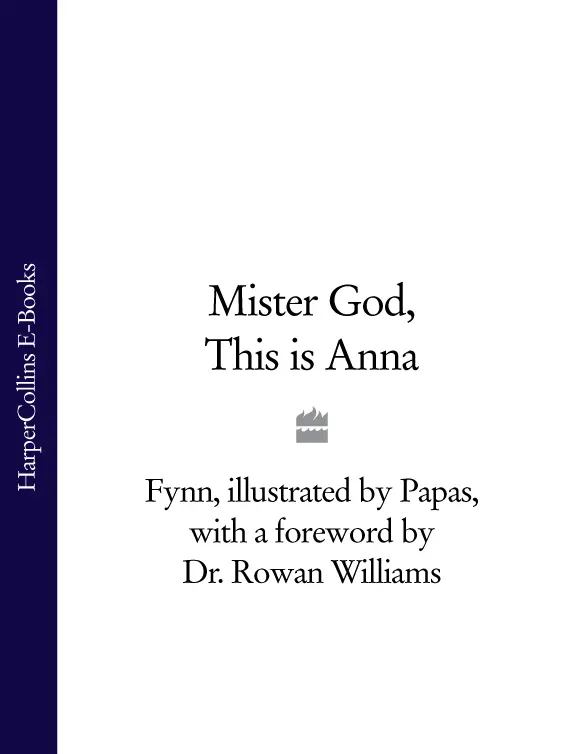
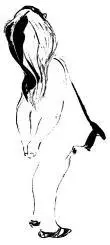
Illustrated by

Cover Page
Title Page Mister God, This is Anna
Foreword
Introduction
Chapter One
Chapter Two
Chapter Three
Chapter Four
Chapter Five
Chapter Six
Chapter Seven
Chapter Eight
Chapter Nine
Chapter Ten
Chapter Eleven
When I Shall Die by Anna
Also by the Author
Copyright
About the Publisher
Many of the personalities that make the most powerful and transforming impression on us in the world’s literature are the ones we see only or mostly at second hand, not in their own undoctored words. Plato’s Socrates is an obvious example; Boswell’s Johnson a rather weaker one. At another level completely, theologians have long pondered the fact that Jesus left no written word of his own and that we rely on four testimonies to him, of very different sorts, not all of which can claim to be eye-witness record.
And perhaps that is appropriate. If you want to see why a personality makes a difference to his or her contemporaries, you need first to understand that difference itself; and this can only be done by means of testimony. Seeing someone through another person’s eyes, a person close to them, whose life is really shaped by them, will tell you more than the most accurate third person chronicle. Only a very individualistic age could imagine that the most important truths about someone could be established by a supposedly neutral chronicle.
Fynn is as far as possible from being a neutral chronicler. This is passionately involved reporting. And if a superficial reader skimming the pages starts to imagine that this is a Pollyanna-ish story of a wise and saintly child, which can be relegated to a rather tired genre, they have not begun to see what is being done here. The explosive individuality of Anna is not sentimentally touching but sometimes almost frightening. What is it like to confront a child characterised above all by an undeniable spiritual and intellectual authority? It is even harder than an encounter with an adult who demonstrates such authority (and that’s hard enough). Fynn leaves us nothing to patronise in Anna (or in himself), but brings us under a merciless scrutiny such as only a child can exercise.
And the point about knowing someone by seeing the effect they have can be taken a stage further. If you want somebody to understand what the major intellects of the world religions mean by God, you could do a great deal worse than introduce them to Anna. The God we encounter here is in no sense simply another inhabitant of the universe who just happens to be more powerful than any other; nor is he an observer of the created scene from an advantaged position, reacting to our behaviour from outside. As the theologians have said, this is a God whose own bliss and beauty and order are simply the ground, the energy and the context of everything, ‘more intimate to us than we to ourselves’, pressing with a steady loving urge to be manifest to us and so to change us. Anna is memorably sceptical about what happens in church – but in a way that a reader of the gospels will recognise. Religious behaviour that relies on diminishing the human beings involved in it is actually resisting the pressure of God. Anna echoes the incarnate God by saying over and over again, ‘Fear not’.
That, I suppose, is why I find these texts so extraordinary, so inexhaustible. I am being asked over and over again whether when I say I believe in God it is actually God that I believe in. Anna’s God is of course loving and forgiving, just and holy; but he is so much more than any kind of lawgiver, whether lenient or strict. His law is his being, as the philosophers say; and his being demands of us the utmost in both love and intellect, so that passion for God can open for us the casements of that mathematical and scientific wonder that exhilarates Anna and her chronicler.
C.S. Lewis once wrote about the sort of book that was like a ‘mouthwash for the imagination’ – clearing out clichés and tired or lazy images and ideas. These books are like that. I hope that a new edition will introduce a new generation of this formidable and astonishing figure – and to the God she lived (and lives) with.
Dr Rowan Williams
Archbishop of Canterbury
December 2003
Introduction
Vernon Sproxton
There are good books, indifferent books, and bad books. Amongst the good books some are honest, inspiring, moving, prophetic, and improving. But in my language there is another category: there are Ah! Books. This is one of them. Ah! Books are those which induce a fundamental change in the reader’s consciousness. They widen his sensibility in such a way that he is able to look upon familiar things as though he is seeing and understanding them for the first time. Ah! Books are galvanic. They touch the nerve-centre of the whole being so that the reader receives an almost palpable physical shock. A tremor of excited perception ripples through the person.
Ah! Books don’t come all that often, at least not my way. André Malraux’s The Psychology of Art was one of them. It was published just after the war. It was too expensive to buy, but I located a copy of this luminous book in the Manchester Art Gallery; and I had to make several journeys by motor-cycle, often through sleet and snow, until I had finished it. From time to time I wanted to get up on the table and proclaim its truth to all around me, or slap my desk-neighbour over the back and say, ‘There you are; just get hold of that!’ Once I nearly did but, just in time, I noticed that he was reading a text on the structure of plastics. By now, of course, I know that some people can get as much aesthetic pleasure out of contemplating the formula for a long molecule as others do from beholding a mural by Piero della Francesca. Technologists have their Ah! moments, too!
Ah! Books give you sentences which you can roll around in the mind, throw in the air, catch, tease out, analyse. But in whatever way you handle them, they widen your vision. For they are essentially Idea-creating, in the sense that Coleridge meant when he described the Idea as containing future thought – as opposed to the Epigram which encapsulates past thought. Ah! Books give the impression that you are opening a new account, not closing an old one down.
So for me, at any rate, this is an Ah! Book, and has been since the manuscript first came my way; from the very first sentence, too. ‘The diffrense from a person and an angel is easy. Most of an angel is in the inside and most of a person is on the outside.’ A few seconds’ thought and then – the tingle in the mind. I remembered the poet Norman Nicholson, as a young man on the cricket field, newly come to T. S. Eliot’s use of common speech in poetry, incanting between overs, ‘The young man carbuncular arrives … on whom assurance sits as a silk hat on a Bradford millionaire.’ That was a sentence which gave a fresh look to language. This was one which gave a fresh look to holiness.
Читать дальше
